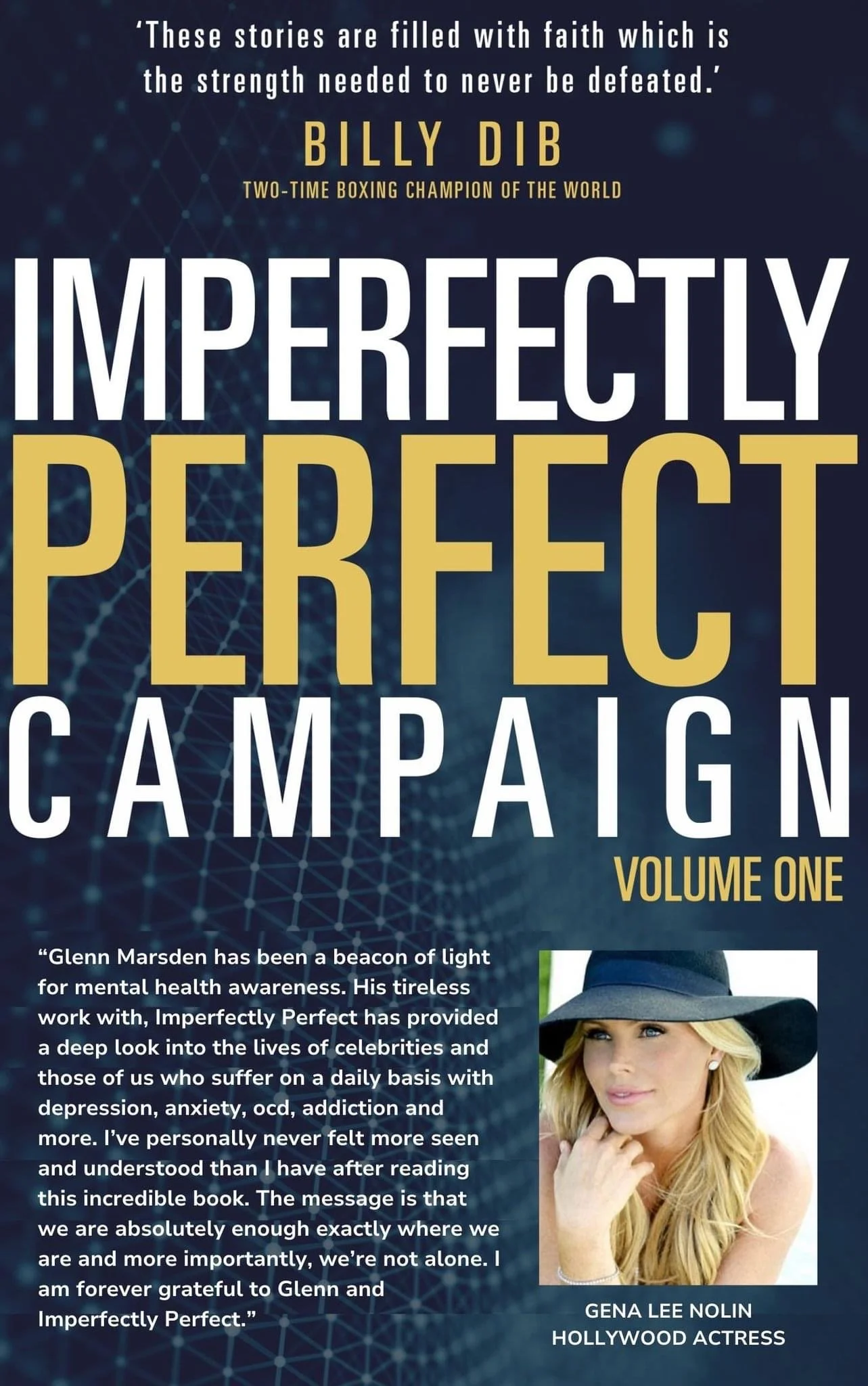In many parts of the world, mental health has gradually emerged from the shadows of stigma, finding its place in public discourse and policy agendas. However, in several Asian countries, conversations around mental health remain conspicuously muted. This silence is not merely a cultural quirk but a deeply ingrained societal issue with far-reaching consequences.
Cultural Stigma and Shame
Asia is a mosaic of diverse cultures, each with its own set of values, norms, and traditions. Despite this diversity, many Asian societies share a common trait: a deeply entrenched stigma surrounding mental health issues. Mental illness is often perceived as a personal failure or weakness rather than a legitimate medical condition. Consequently, individuals and families often choose to suffer in silence rather than seek help.
Cultural Factors at Play
The reasons behind this stigma are multifaceted. Confucian values emphasizing harmony, collectivism, and saving face play a significant role. Mental health problems are often viewed as disruptive to familial and societal harmony, leading individuals to suppress their struggles to avoid bringing shame upon themselves and their families.
Moreover, the emphasis on self-reliance and perseverance in the face of adversity discourages seeking external support for mental health concerns. As a result, issues such as depression, anxiety, and trauma are frequently internalized rather than addressed openly.
Lack of Awareness and Education
Another contributing factor is the lack of awareness and education surrounding mental health. Misconceptions and myths about mental illness abound, perpetuating fear and misunderstanding. In many Asian countries, discussions about mental health are conspicuously absent from school curricula and public health campaigns. Consequently, individuals may struggle to recognize symptoms or may dismiss them altogether, further perpetuating the cycle of stigma and silence.
Access to Mental Health Services
Compounding the issue is the limited availability and accessibility of mental health services in many Asian countries. Mental health resources are often concentrated in urban centers, leaving rural populations underserved. Additionally, the stigma surrounding mental illness discourages individuals from seeking professional help even when services are available.
The Toll of Silence
The repercussions of this silence are profound. Untreated mental health issues can lead to a myriad of negative outcomes, including impaired functioning, strained relationships, and even suicide. According to the World Health Organization (WHO), approximately 60% of suicides worldwide occur in Asia, with suicide rates notably high among young people.
Furthermore, the economic burden of untreated mental illness is staggering. Lost productivity, increased healthcare costs, and the impact on caregivers exact a heavy toll on individuals, families, and society as a whole.
A Call to Action
Addressing the stigma of mental health in Asian countries requires a multifaceted approach. Efforts to raise awareness, educate the public, and promote culturally sensitive mental health services are essential. Initiatives that engage community leaders, religious institutions, and schools can help challenge entrenched beliefs and foster supportive environments for those struggling with mental health issues.
Moreover, integrating mental health into primary healthcare systems and expanding access to affordable services are critical steps toward breaking down barriers to care. By destigmatising mental illness and promoting a culture of acceptance and support, Asian countries can pave the way for brighter, healthier futures for all their citizens.
The silence surrounding mental health in Asian countries is a complex issue rooted in cultural stigma, lack of awareness, and limited access to services. However, by acknowledging these challenges and taking proactive steps to address them, Asian societies can begin to break the chains of stigma and usher in a new era of openness, understanding, and support for mental health issues.
This is something the Imperfectly Perfect Campaign is trying to take an active approach on in taking our conversations in to many of these countries that still don’t openly speak on Mental Health








































